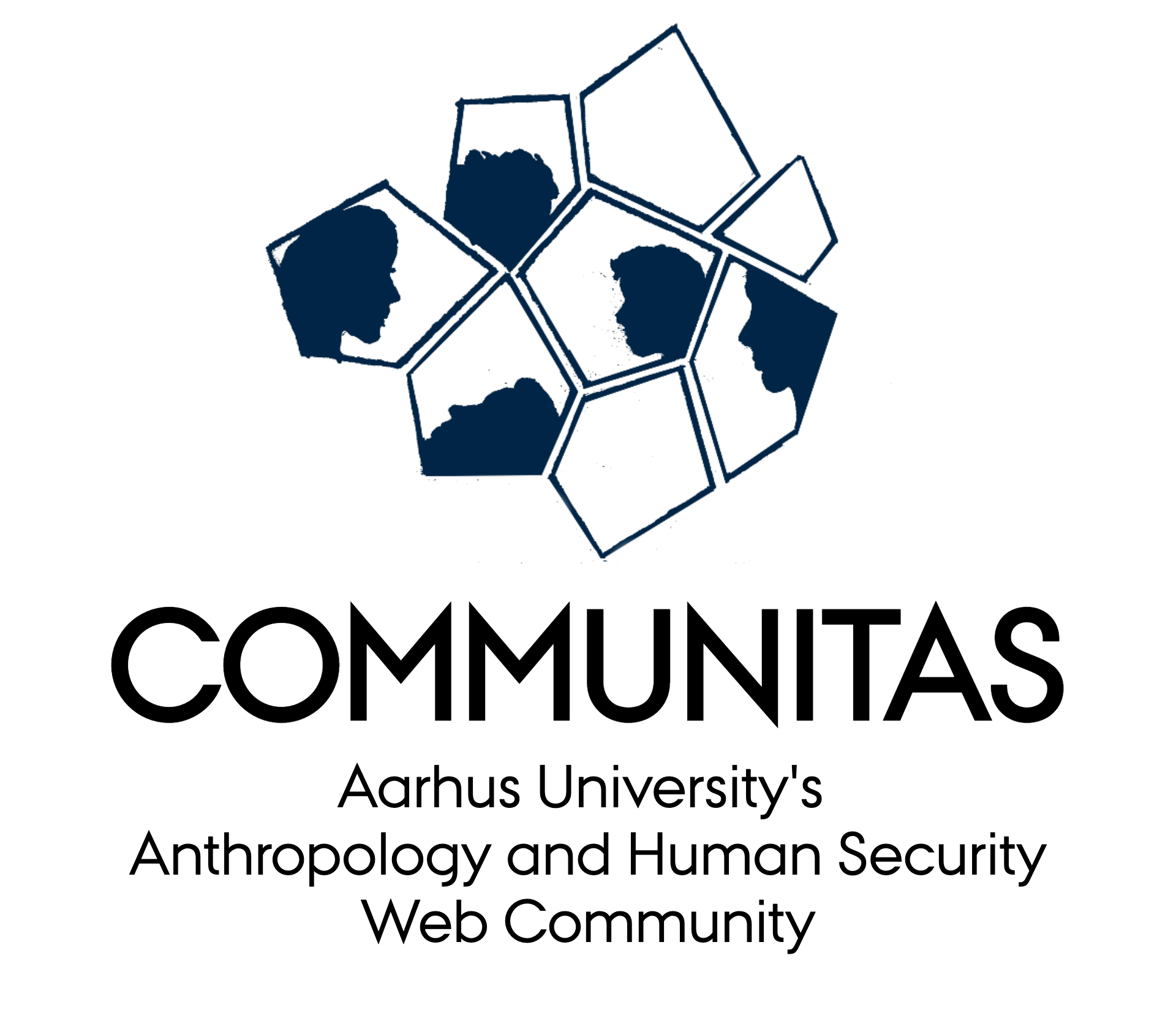Christina Engkebølle, Master’s thesis, Visual Anthropology, Aarhus University, 2018.
Abstract
This product thesis consists of a catalogue and the present text. The catalogue is composed of workshop material for a new UNESCO collection at Moesgaard Museum in Aarhus, Denmark, about New Zealand Māori and objects. The thesis departs from six months of fieldwork and focuses on taonga Māori (treasures and/or possessions). Taonga Māori have a history of being exploited and exhibited in museums around the world. The ethnographic museums still face challenges of representation when working towards decolonisation of knowledge and objects. Rethinking representation prompts questions of how to meet the ethical obligations when collecting material for research purposes, and on whose terms the research is done. Focussing on indigenous objects from Aotearoa New Zealand, this research project contributes to creating a foundation for building relationships in and beyond the field, enabling ethnographers engage in postcolonial challenges of representation. Drawing on principles of gift exchange and theories of relations in anthropological research, I examine how relationships are embedded in tangible taonga Māori. Through their connection to the wider environment and their relation to people, taonga act in Te Ao Māori (the Māori world) as relational objects, fostering relationships between people and objects. Drawing inspiration from experimental research methods, I developed a workshop prototype consisting of teaching material for Danish schools as a part of the UNESCO collection material. Based on this, I discuss the potentials and the limitations for object-based teaching in classrooms as a method of transferring knowledge cross-culturally and transnationally. I conclude that the taonga collected for the UNESCO collection can provide a framework for students to critically engage in material culture. In this thesis I explore the Te Ao Māori concept of taonga by creating an interactive collection, while navigating a framework for dealing with the challenges of decolonisation today. Engaging with objects, I argue, is central in forming new ways of approaching decolonisation. I argue that this can be done by building long lasting relationships with the people we as anthropologists, build relations and create knowledge with in and beyond the field.
